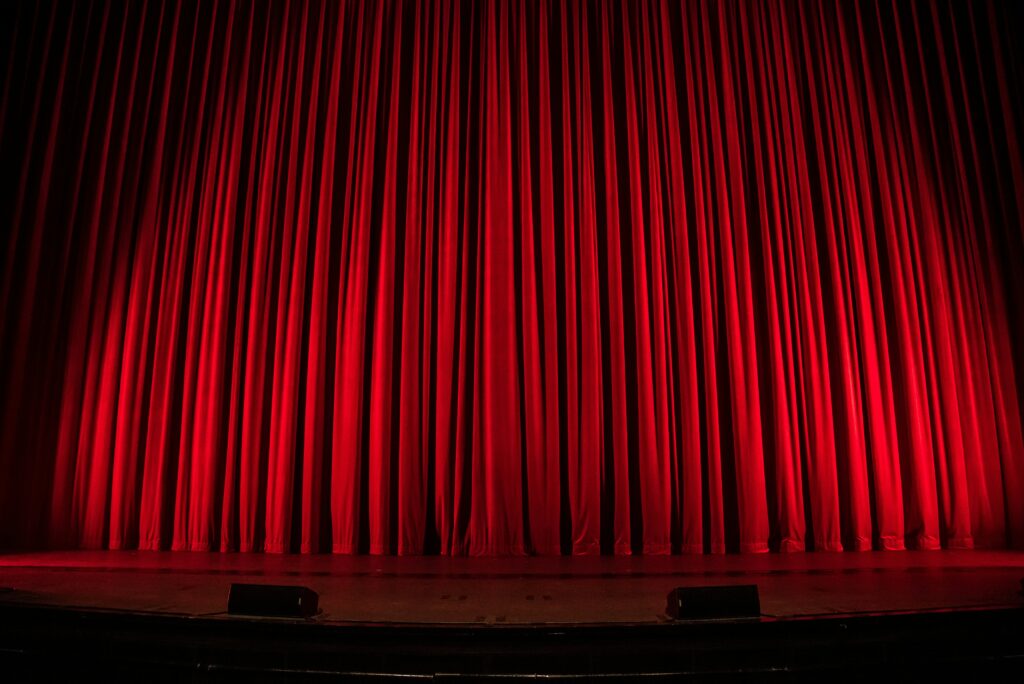Phil Edwards explains why he is leading a campaign to erect a memorial to the sons of Wales who fell in Flanders in the First World War
Earlier this year I visited Ypres with a group of fellow Rotarian Club Members from Rhos on Sea having learnt that, incredibly, Wales is the only home nation not to have a war memorial in Flanders. This is despite our losing thousands of young men there in the First World War.
As a result we have established a campaign to establish a Welsh memorial. We have won the co-operation of the Belgian authorities who have donated a site to erect a monument in the small village of Langermark. Here the Battle of Passchendaele, the third Battle of Ypres, was fought in July 1917 when many belonging to Welsh Regiments lost their lives, including the famous poet Hedd Wyn.
Hedd Wyn, or Ellis Humphrey Evans to give him his real name, was born on 13 January 1887 in Pen Lan, a house in the middle of Trawsfynydd, Meirionnydd. He was the eldest of eleven children. The family later moved to the isolated hill-farm of Yr Ysgwrn outside the village where he was raised and from where he wrote his poetry.
Ellis took part in eisteddfodau and won many eisteddfod chairs. He took the bardic name Hedd Wyn ( ‘blessed peace’), which was a reference to the sun’s rays penetrating the mists in the valleys of Meirionnydd. He was posthumously awarded the bard’s chair at the 1917 National Eisteddfod in Birkenhead for his poem The Arwr (The Hero) under the pseudonym Fleur de leys.
On 6 September 1917, the ceremony of Chairing of the Bard took place at the Eisteddfod in Birkenhead where David Lloyd George, the British Prime Minister of the day, was present. After the adjudicators announced the entry submitted under Fleur de leys was the winner, the trumpets were sounded for the author to to be identified. After three such summons, Archdruid Dyfed solemnly announced the winner had been killed in action six weeks earlier. The empty chair was then draped in a black sheet. It was delivered to the parents of Ellis Evans at Yr Ysgwm where it remains to this day. The festival is now referred to as Eisteddfod y Gadair Ddu (the Eisteddfod of the Black Chair).
By an ironic twist of fate, that chair had been hand crafted by Eugeen Vanfleteren, a carpenter born in Belgium, who had fled to England on the outbreak of war and had settled in Birkenhead.
The War Memorial is envisaged as a cromlech surmounted by a Red Dragon. It will be made from materials from Wales. A quarry near Pontypridd has donated the stones for the cromlech and the dragon will crafted in north Wales. The inscription will simply honour “all persons of Welsh descent who served in the war”. Our aim is to have that memorial unveiled towards the end of next year to mark the hundredth anniversary of the outbreak of the war.
So far, the campaign has received over £30,000 towards our target of £90,000. We are writing to individuals and organisations across Wales and further afield to seek support.
Most of us will have had relatives who fought in that terrible war, which was to be the war to end all wars. It is only right and fitting that their sacrifice should not be forgotten by this or future generations whose lives could be very different now if it were not for those men and women. We hope we can raise this money without having to ask for government funding. It was our sons and daughters who made the supreme sacrifice so that we can live in peace and in freedom. We owe them so much, but we surely owe them this?







Among the many evils of war is that the courage and self sacrifice of those who fight often insulates the politicians who launched the war from criticism. The sacrifice sanctifies the cause so that questioning it can seem to many to be in bad taste or to belittle the fallen. This has huge relevance to the present day. British forces have been engaged in Afghanistan for longer than they were in action in the first and second world wars put together. We have lost hundreds of young people whose families find it unbearable to be told the sacrifice was in vain. The harsh fact though is we have failed to bring peace to that country, any gains are ephemeral. It was a waste of blood and money. Respect and homage for the dead and crippled should intensify our anger at the imbecility of the politicians, not muffle it.
“It was a waste of blood and money.” I think that you will find that those involved in the arms industry made money. OK….it was a waste of public money. In the last few weeks, the stock prices of US missile makers have increased in value by around 20 per cent. The arms industry is incredibly powerful both in the UK and in the US.
Phil Edwards’ piece is lovingly written and whilst I appreciate the points raised by R. Tredwyn and David they should not detract from this most worthy appeal. If we support the memorial cause we are not glorifying war, we are remembering those who fell that we might be free. Whatever the politics these boys and girls died for what they perceived, quite properly, as their duty and the love of their heritage as Welsh men and women.
the chair shown in the photo is not the birkehead chair. it is even dated 1923. the real chair which i have been shown at hedd wyn’s home is much more elaborate, and of darker wood. sorry, rw